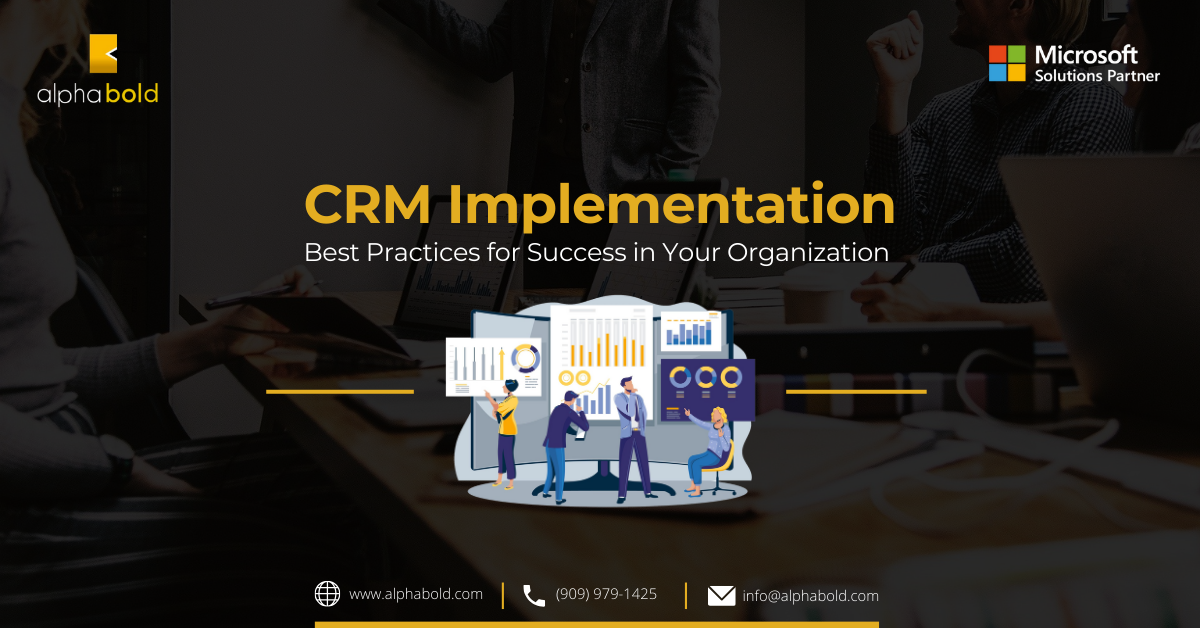Introduction
Life sciences CRM (customer relationship management) software is a technology that helps companies in the life sciences industry manage their interactions with customers and stakeholders. This includes pharmaceutical companies, medical device manufacturers, and biotechnology firms.
The main goal of life sciences CRM software is to improve the relationships between a company and its customers by organizing and automating various processes, such as sales, marketing, customer service, and patient engagement. By using a life sciences CRM system, companies can have a centralized customer information and interactions database, which can help them better understand and serve their customers.
Understanding the Life Sciences CRM Landscape
The Life Sciences CRM landscape is a complex and constantly evolving environment. Some of the key features you should look for when selecting a Life Sciences CRM software include:
- Regulatory compliance: Life Sciences companies operate in a highly regulated environment, and a good CRM solution should be able to help you remain compliant with the latest regulations.
- Data management: A Life Sciences CRM software should allow you to easily manage and analyze large amounts of data, including customer data, sales data, and marketing data.
- Customer interactions: A CRM solution should enable you to provide your customers with personalized experiences, from email marketing campaigns to customer service interactions.
- Mobile compatibility: Life Sciences representatives often work in the field, so a mobile-friendly CRM solution is essential for those who need to access the software from their smartphones or tablets.
Key Features of a CRM Software
To truly grasp the potential of CRM software for the life sciences industry, it’s essential to understand its core functionalities. These are designed to manage customer relationships, streamline business processes, optimize sales and marketing efforts, and enhance patient engagement. Below are some of the pivotal features that define a robust CRM system:
- Lead and opportunity management: The ability to track and manage potential sales leads and opportunities.
- Contact management: The ability to store and manage contact information for customers, partners, and stakeholders.
- Marketing automation: Automating and streamlining marketing activities like email campaigns and lead nurturing with in-built tools.
- Sales force automation: The ability to manage and track sales activities, including account management, pipeline management, forecasting, and managing medical rep’s schedule, goals & product or region assignment.
- Customer service and support: Features to manage customer inquiries, cases, and tickets and provide support through various channels.
- Patient engagement: Tools to engage and communicate with patients, including appointment scheduling, patient portal, and secure messaging.
Further Reading: The Comprehensive Guide To CRM Software Selection
Ready to Elevate Your CRM Game?
See Microsoft Dynamics 365 for Life Sciences in action and understand its potential for your business. Don't miss out; get a firsthand look by booking a demo with AlphaBOLD.
Request a DemoPopular Life Sciences CRM Software Solutions Available
- Microsoft Dynamics 365 Life Sciences: A cloud-based platform designed for the life sciences industry, built on the Microsoft Dynamics 365 platform.
- Oracle Health Sciences: A comprehensive platform designed for the life sciences industry, including tools for customer engagement, supply chain management, and regulatory compliance.
- Salesforce Health Cloud: A cloud-based platform designed specifically for healthcare and life sciences companies.
- Infor CloudSuite Healthcare: A cloud-based platform designed specifically for the healthcare and life sciences industries, including tools for customer engagement, supply chain management, and regulatory compliance.
- SAP Health: A comprehensive platform designed for the life sciences industry, including tools for customer engagement, supply chain management, and regulatory compliance.
- Veeva CRM: A cloud-based platform designed specifically for the life sciences industry, including tools for customer engagement, marketing automation, and regulatory compliance.
Learn More about CRM services
Why Does Microsoft Dynamics Life Science Software Stand Out?
Microsoft Dynamics 365 offers a tailored solution for the life sciences industry, with features that streamline regulatory compliance, enhance patient engagement, and facilitate seamless collaboration across global teams. Its adaptability and integration capabilities make it a top choice for businesses seeking growth in the rapidly evolving healthcare landscape.
Industry-Specific Focus:
Its keen industry-centric approach is at the heart of Microsoft Dynamics 365 for Life Sciences. While being a part of the overarching Dynamics 365 platform, its tools and functionalities are particularly tailored for life sciences businesses. This means it understands the sector’s unique challenges, from intricate supply chains to the rigorous demands of clinical trials, and the stringent requirements of regulatory compliance.
Sales and Marketing Edge:
Beyond the core operational demands, Microsoft Dynamics 365 for Life Sciences has robust sales and marketing tools. Features like lead and opportunity management help companies effectively track potential business, while the customer segmentation tool allows businesses to craft more targeted and effective marketing campaigns. This ensures that engagement with stakeholders is always optimized and relevant.
Seamless Integration Capabilities:
The power of integration cannot be understated in today’s interconnected tech landscape. Microsoft Dynamics 365 for Life Sciences excels here by offering seamless integration with a suite of Microsoft tools. Whether it’s data visualization with Power BI, app development and customization with PowerApps, or collaborative efforts using Teams, the platform ensures that different tools work harmoniously, resulting in streamlined workflows and enhanced productivity.
Flexibility and Customization:
Every life sciences company is unique in its operations, challenges, and objectives. Recognizing this, Dynamics 365 is built to be incredibly flexible. Its customization capabilities and user-friendly interface allow businesses to mold the software to meet their specific needs without facing a steep learning curve.
Competitive Pricing Model:
Cost is a crucial factor for businesses, big or small. In the CRM software race, Dynamics 365 often emerges as a more cost-effective solution than some competitors like Salesforce Health Cloud. This pricing advantage becomes especially significant for small to medium-sized enterprises operating on tighter budgets.
Future-Ready with AI:
Artificial intelligence (AI) plays a pivotal role in the digital transformation era. Microsoft Dynamics 365 is future-proofed with built-in AI functionalities. These capabilities are not just gimmicks; they offer tangible benefits. The AI integration elevates the platform’s efficiency and analytical prowess, from automating repetitive tasks to ensuring data accuracy to gleaning deep insights from vast data pools.
To further explore how Microsoft Cloud is helping life sciences organizations, consider visiting Microsoft’s industry page.
Experience the Future of Life Sciences CRM
Dive deep into the capabilities of Microsoft Dynamics 365 for Life Sciences with a live demo. Discover how it can transform your business operations and customer relationships.
Request a DemoConclusion
The life sciences industry requires cutting-edge, scalable, and regulatory-compliant CRM solutions. Companies must focus sharply on customer relationships while effectively managing data and ensuring compliance with global regulatory standards. Among the various CRM platforms available, Microsoft Dynamics 365 for Life Sciences emerges as a strong contender due to its industry-specific features, seamless integrations, AI capabilities, and cost-effectiveness. It is not just about managing relationships; it’s about leveraging technology to foster growth, innovation, and efficiency in the life sciences sector. When selecting a CRM system, businesses must consider their unique needs and the long-term value the platform can deliver. In many scenarios, Microsoft Dynamics 365 for Life Sciences is a wise investment, ensuring businesses remain competitive and responsive to the challenges of a dynamic healthcare landscape.
Explore Recent Blog Posts








